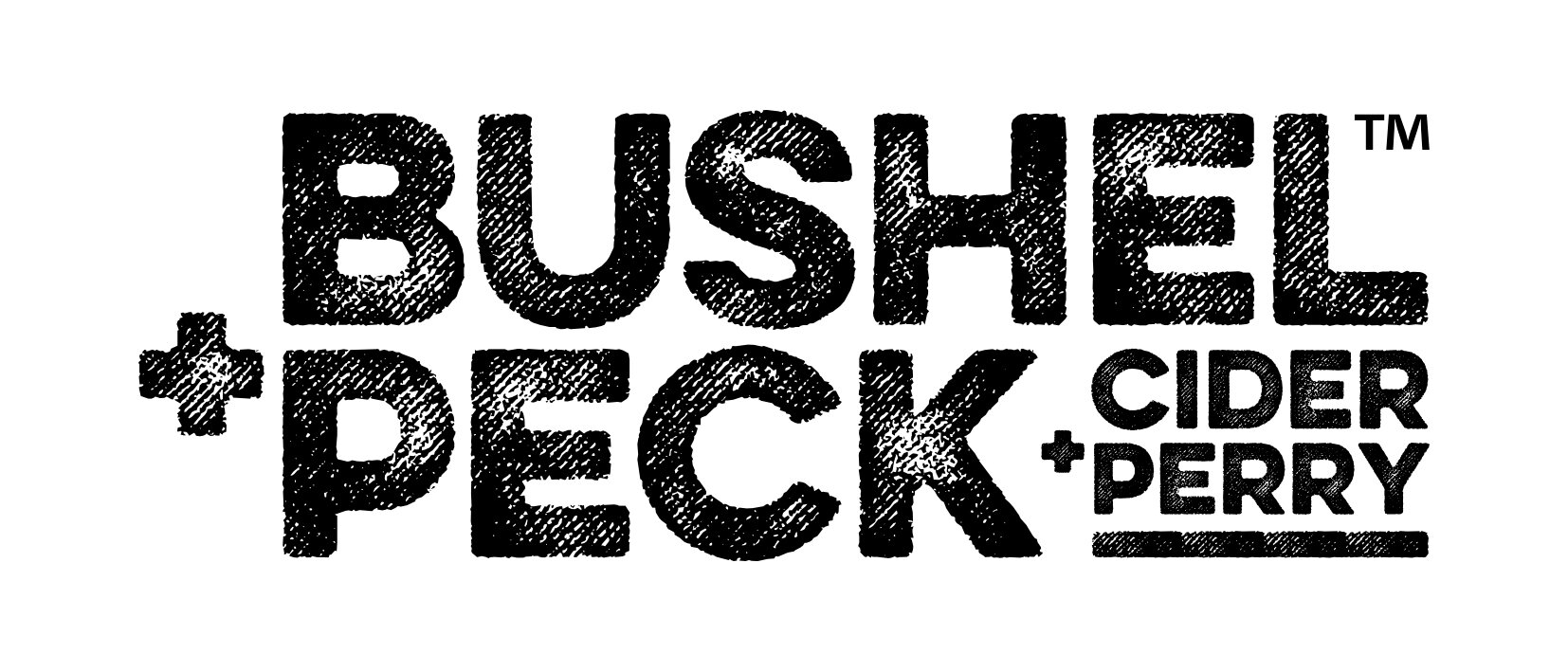The Killing
It’s something of a puzzle that famous fictional detectives - Hercule Poirot, Sherlock Holmes, Miss Marple and the rest - often appear to be surrounded by death. Sent to investigate the sudden appearance of a body, several more deaths occur before our perspicacious hero / heroine reveals the culprit in a dramatic denouement, their job made somewhat easier by the demise of several suspects during their investigation. Our favourite detective, Sarah Lund, is no different, and the name of the series in which she appears is wholly misleading; “The Killing” is singular … and yet four people end up dead in the first series alone. Lund is intuitive, astute, alert and intelligent but like her better-known investigators she cannot stop the inevitable and inexorable rise in the body-count. We forgive Lund her mis-steps, not least because the actor who plays her, Sofie Gråbøl, has not one but two diacritical marks in her surname - a proper Scandinavian name - but also for her spirited independence and integrity; an interesting character, beautifully portrayed.
Also puzzling is how groups of intelligent people can do some very silly things - highly educated Harvard MBAs dreaming up the Bay of Pigs fiasco and the whole Vietnam tragedy, for instance. We’ve long had high regard for scientists and engineers and feel that quite a few of the world’s problems relate to the fact that we seem to value merchant bankers far more than we do people with brains and morals. And yet even scientists do some very silly things. For example, pesticides is the USA are tested on just one - ONE - invertebrate … the honey bee. We like bees. They help to pollinate our apple blossom. But in no way do we think that the honey bee is or should be a proxy for all terrestrial invertebrates. That’s not only daft … it’s dangerous.
there’s a right way to do things …
Those of you who know about the way we choose to do things will be all too familiar with us banging on about using only UNSPRAYED fruit from UNSPRAYED orchards to make our cider. Why do we do it this way? It’s not rocket-science. Sprays kill things … and not just the things they’re designed to kill. Sprays kill or damage an awful lot of other things as well - the polite phrase for this massacre is “collateral damage” - and the collateral damage is both huge and dangerous. It’s turning our soils into the killing fields.
A recent study by the United Nation’s FAO has revealed the extent to which pesticide use is destroying our soil. Measuring the impact of 284 pesticides on 275 different species it revealed that in over 2,800 species X pesticide combinations, more than 71% were found to be harmful, with just 1% to be beneficial. At primary school we all learn - almost through the ether - how important earthworms are and whilst fluffy and cuddly panda bears and rescue dogs get our attention, earthworms and their underground companions are the real unsung and unseen heroes, ensuring our soils are healthy and viable. They are Soil Services plc.
We have a tendency to treat soil as if it’s just dirt when, in reality, soils are just about the most complex and biodiverse ecosystems on earth. A handful of healthy soil contains hundreds of species of invertebrates and nematodes as well as an abundance of species of fungi and bacteria. Here’s what they do …
They burrow, which increases aeration, increases water infiltration, increases water retention and reduces compaction. In turn, this reduces the risk of flooding and reduces soil erosion.
Detritivores such as nematodes, springtails, earthworms, millipedes and woodlice turn dead and decaying material into useful and usable forms, increasing soil fertility. Burrowers, tunnelers, ground-nesting insects including beetles, bees, ants and termites then help move the nutrients though the soil.
Dead invertebrates decay and add nitrogen to the soil. Live invertebrates break down leaf litter and release organically rich casts and faeces into the soil.
Healthier, more fertile soils store more carbon than unhealthy soils … and the soil in an orchard stores more carbon that the trees themselves. They help combat climate change.
In perhaps the greatest irony, soil invertebrates also play a rôle in controlling agricultural pests; nematodes and mites are used to target disease-related bacteria in crops and predators; parasitoids such as beetles and wasps eat arthropods that interfere with crop production; herbivorous soil invertebrates eat the seeds of weeds and other undesirable plants. So, we’re using pesticides (at vast expense) to wipe out pests, thereby wiping out harmless creatures that used to wipe out pests (for free). Genius.
… and a wrong way
All this spraying has an impact. Thanks to the intensification of agriculture, globally we’ve lost about 60% of the what Soil Services plc were doing for us, because we’ve killed the insects that live their lives - or just of portion of their lives - in the soil. Another FAO report identified overuse of “chemical controls” (= pesticides) as being the activity most responsible for the loss of soil biodiversity in the past 10 years.
Of course, the world’s hungry and growing population needs food and it’s probably not realistic to envisage a world completely free of pesticides. Important though cider is, we recognise that it might rank just a little lower than food, water and shelter in mankind’s hierarchy of needs. If pesticides are going to be used, use them for essential food production - wheat, rice, maize - and not in the apple orchards of England. Orchards can and should be havens of biodiversity, both above and below ground. It’s a choice and we choose to use only UNSPRAYED fruit from UNSPRAYED gardens and orchards, because doing it the other way involves too much “collateral damage”. And we really don’t think you need to be Hercule Poirot, Sherlock Holmes, Miss Marple or Sarah Lund to work that one out.
Thanks for reading.













